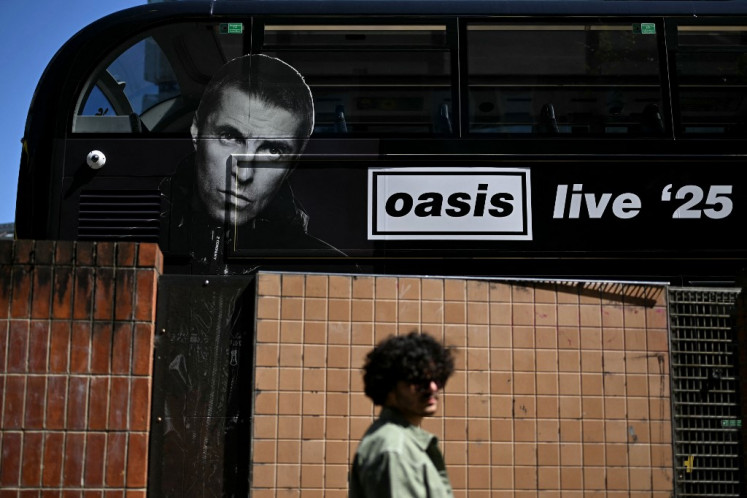Popular Reads
Top Results
Can't find what you're looking for?
View all search resultsPopular Reads
Top Results
Can't find what you're looking for?
View all search resultsDaytime sleepiness in older adults could point to a higher risk of diabetes and cancer
Change text size
Gift Premium Articles
to Anyone
N
ew US research has found that seniors who feel excessively sleepy during the day may be at a higher risk of developing conditions such as diabetes, cancer and high blood pressure.
Carried out by researchers at Stanford University, the new preliminary study recruited 10,930 people, 34 per cent of whom were 65 years or older, and interviewed them about their symptoms of hypersomnolence, also known as excessive daytime sleepiness.
The participants were interviewed on two occasions, three years apart. In the first interview, 23 per cent of those over the age of 65 met the criteria for excessive sleepiness, which is experienced even after getting seven or more hours of sleep a night.
In the second interview, 24 percent reported excessive sleepiness, and of these participants, 41 per cent said that feeling excessively sleepy was a chronic problem for them.
The findings, which will be presented at the American Academy of Neurology's 72nd Annual Meeting between April 25 to May 1, 2020, showed that the participants who reported sleepiness in the first phone interview had a 2.3 times greater risk of developing diabetes or high blood pressure three years later and twice as likely to develop cancer than those who did not report experiencing sleepiness.
Those who reported sleepiness in the second interview, but not the first, were 50 per cent more likely to have diseases of the musculoskeletal system and connective tissue, such as arthritis, tendonitis and lupus, and those who reported daytime sleepiness during both interviews had a 2.5 times greater risk of developing heart disease.
Read also: Sleep more than nine hours and take naps? You could be increasing your risk of stroke
The findings still held true even after the team had taken into account other factors that can affect daytime sleepiness, such as gender and sleep apnea.
Daytime sleepiness can not only be debilitating in itself, affecting a person's ability to perform everyday tasks, but the researchers also say that it could signal a higher risk of other more serious conditions.
“Paying attention to sleepiness in older adults could help doctors predict and prevent future medical conditions,” said study author Maurice M. Ohayon, MD, Ph D, DSc. “Older adults and their family members may want to take a closer look at sleeping habits to understand the potential risk for developing a more serious medical condition.”










